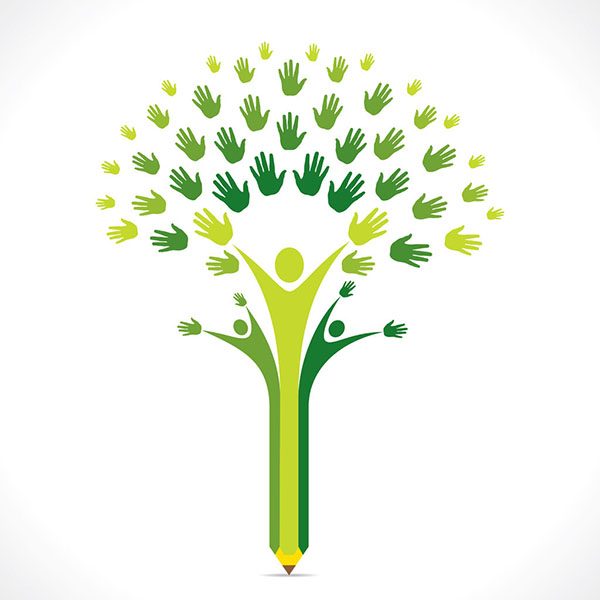Coalition for Community Writing
Zoom Lecture Series
The CCW Lecture Series is designed to provide opportunities for programs and departments to engage in discussions on the praxis of community writing. Each lecture will occur through Zoom and cost $300 per lecture. All proceeds from the Lecture series are used to support CCW’s staff and programming. To schedule a lecture or to suggest a topic/speaker, please contact CCW Director Veronica House at communitywritinginfo@gmail.com.
Paul Feigenbaum, Florida International University
Facing Failure in Teaching, Learning, and Community Work
The work of building a more just, inclusive, and sustainable society requires a lot of risk-taking and experimentation, which means failure is inherent to the process. In theory, failure is also a powerful opportunity for learning and growth, whether we are talking about setbacks in individual courses, community writing projects, or social movements. In practice, however, failure often causes significant fear and anxiety that can impede students’ civic participation, even when they hold progressive values.
This talk will dig into the pedagogical messiness of failure. First, I will address why failure, despite being widely portrayed as good for us, is experienced in cognitively and affectively stigmatizing ways by many students, especially those who are intersectionally marginalized. Then I will share my own experiences trying to make failure a more generative experience for students, and I will encourage an exchange of ideas about how to make failure more systemically generative for all of us.
Ada Hubrig, Sam Houston State University
Eugenic Shadows in Literacies’ Present
In this talk, Hubrig traces how Eugenic ideologies were intertwined with 20th century notions of intelligence, ability, and literacies, from college English departments to high school language programs to English Only movements. Becoming embedded in institutional policies, testing, and teaching about literacy, these racist, ableist assumptions about literacy continue to shape American understandings of literacy today.
Tobi Jacobi, Colorado State University
Becoming Incorrigible: What an early 20th century Training School for Girls can teach us about the value of community writing
Through feminist rhetorical inquiry and analysis, this talk invokes the politics and possibilities of archival materials through the story of the New York State Training School for Girls in the 1920s and early 1930s. We will offer space to the tensions between institutional and personal narratives of justice as we take a critical look at texts ranging from the training school’s 1904 handbook and intake narratives to personal letters, institutional postcards and guard logs. This archival work offers critical perspectives on linguistic and visual representations of female deviance as well as historical and contemporary attitudes towards justice in the United States. To illustrate links to contemporary community writing practies, I will share some stories about what it means to take documents like these into contemporary community-centered spaces (e.g. prison workshops, public pop-up museums)–and encourage conversations on we can do so ethically, respectfully, and kindly as a tactic for critical literacy engagement.
Paula Mathieu, Boston College
Interrogating White Good Intentions and Community-Based Work
As a white-identified academic with decades of experience in community-based work with BIPOC writers, Paula walks through some of the mistakes that “good intentions” can bring and suggests methods for personal and community processes of developing anti-racist awareness and practices.
Mindful Practices to Help Deepen Community-Based Writing Projects
Community-based writing projects need more than good ideas and sharp minds; they need people equipped with tools of mindfulness and deep awareness to allow for empathy and deeper connection. This talk offers practices and resources for mindful community-based work.
Jessica Pauszek, Boston College
Transnational Archival Building
Pauszek will describe the process of building print and digital archives alongside working-class community members in England. The presenter will describe the process of working alongside community members in precarious financial, technological, and educational contexts.

